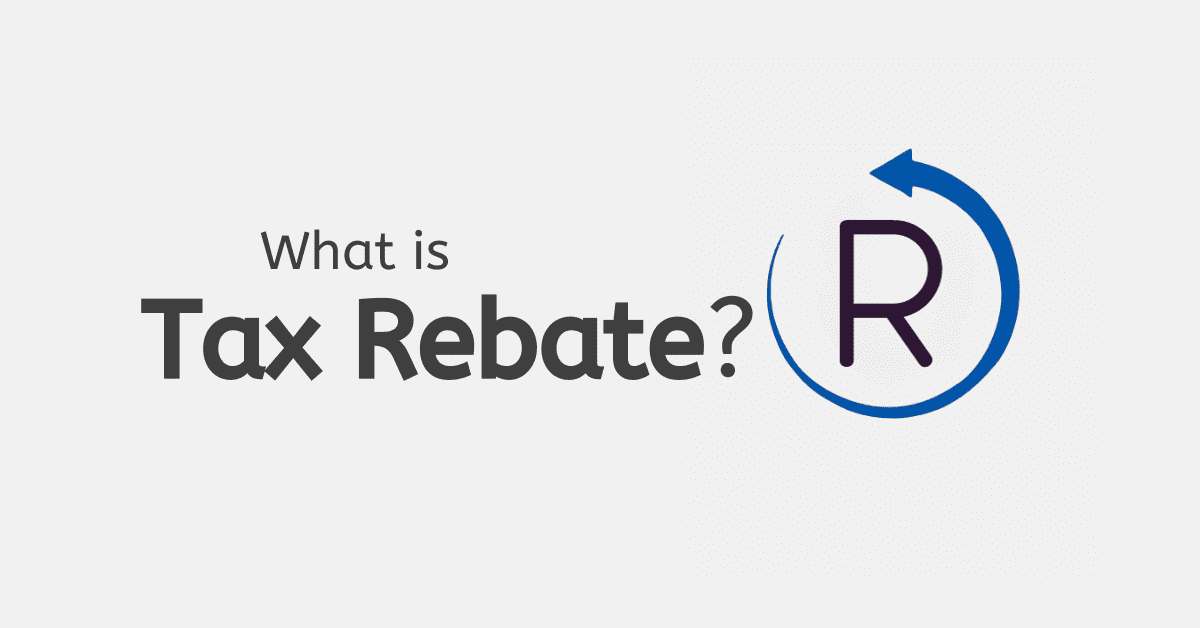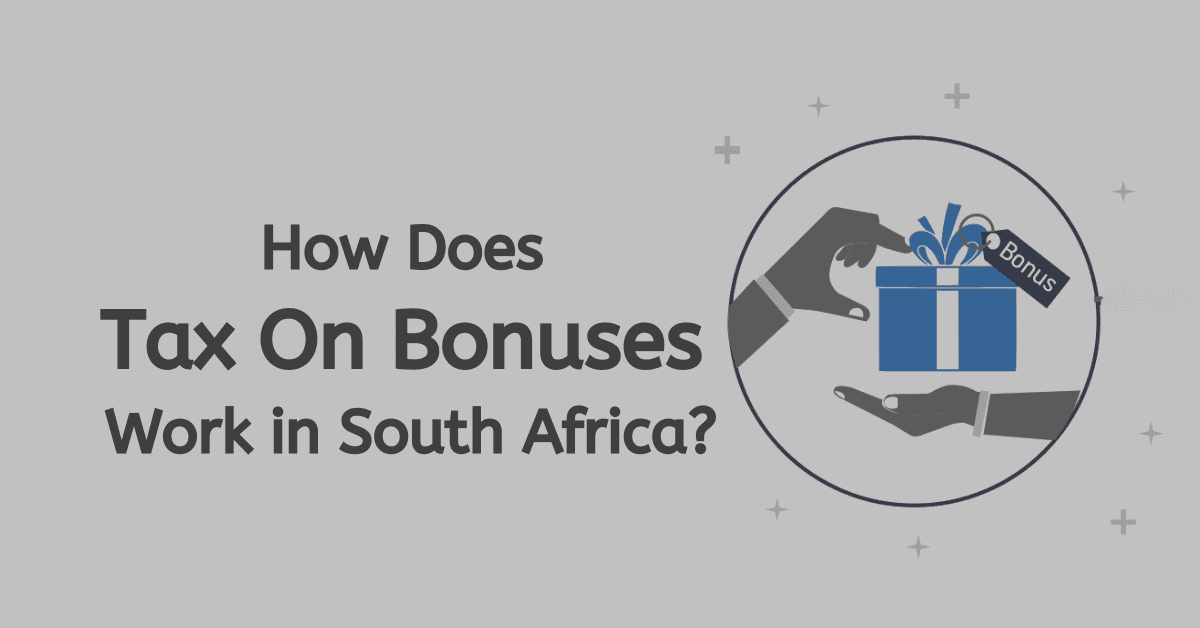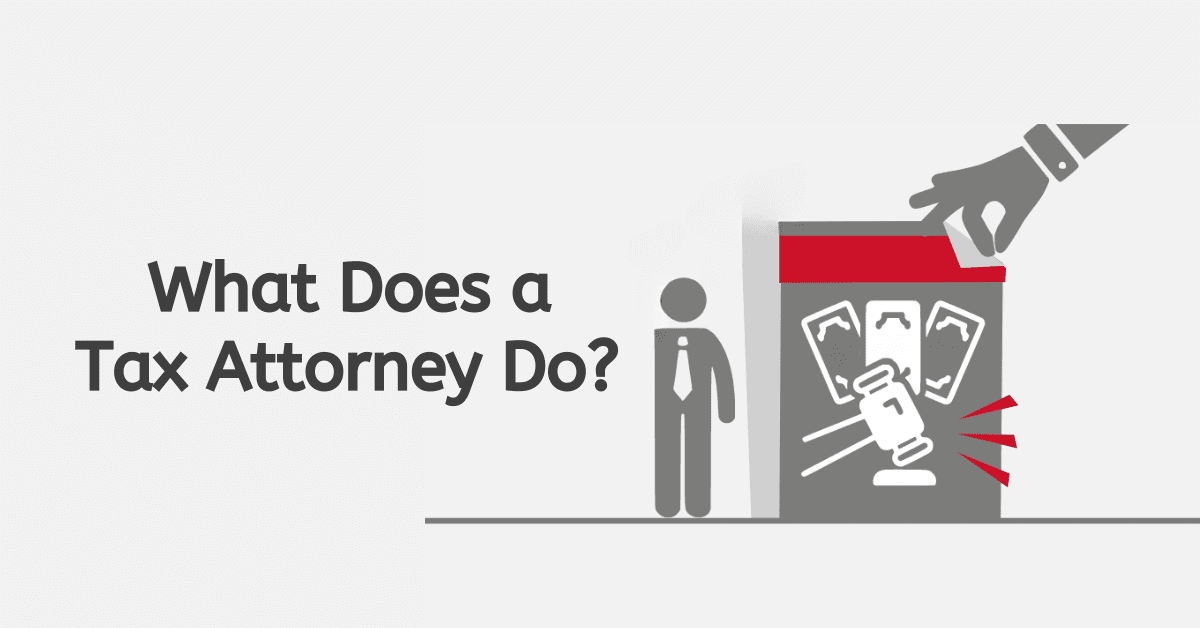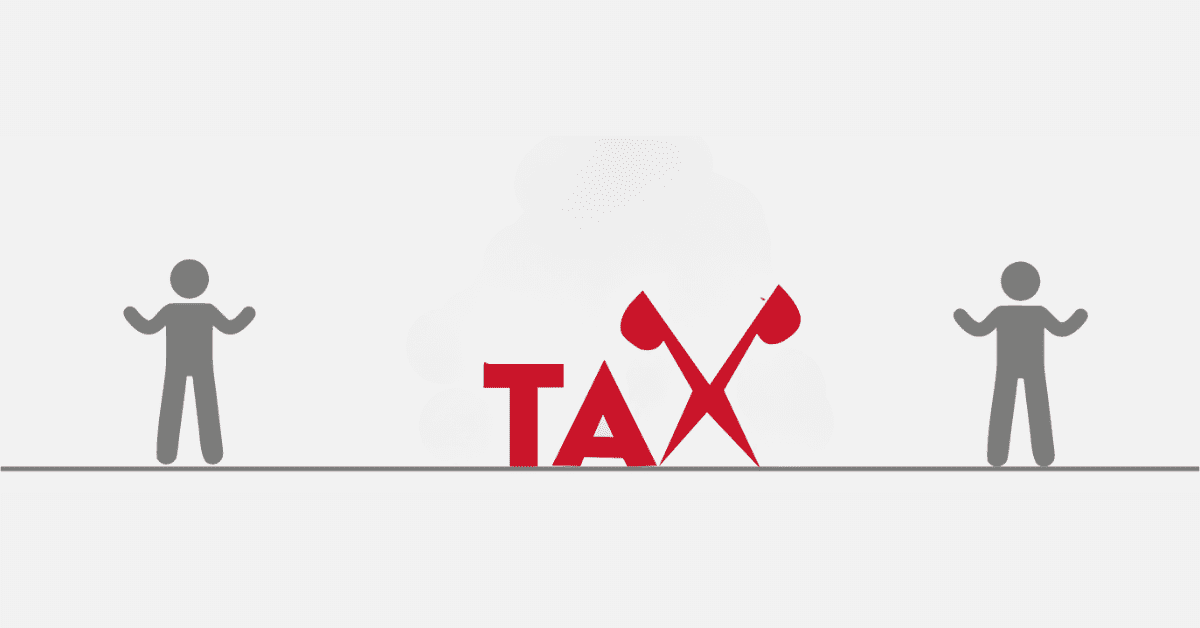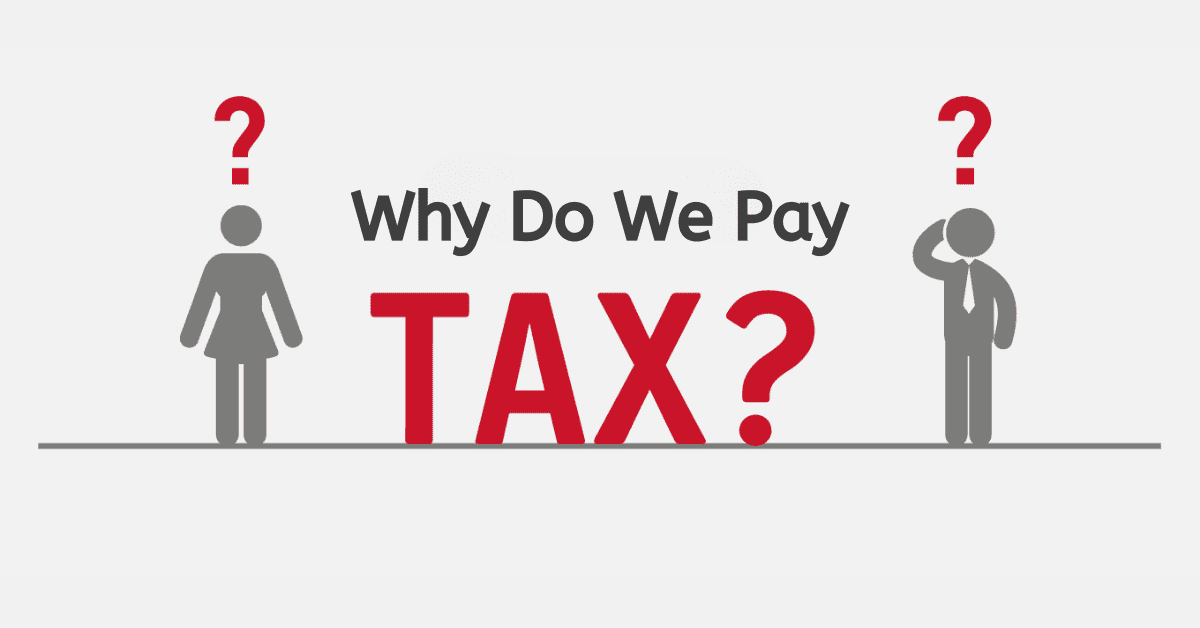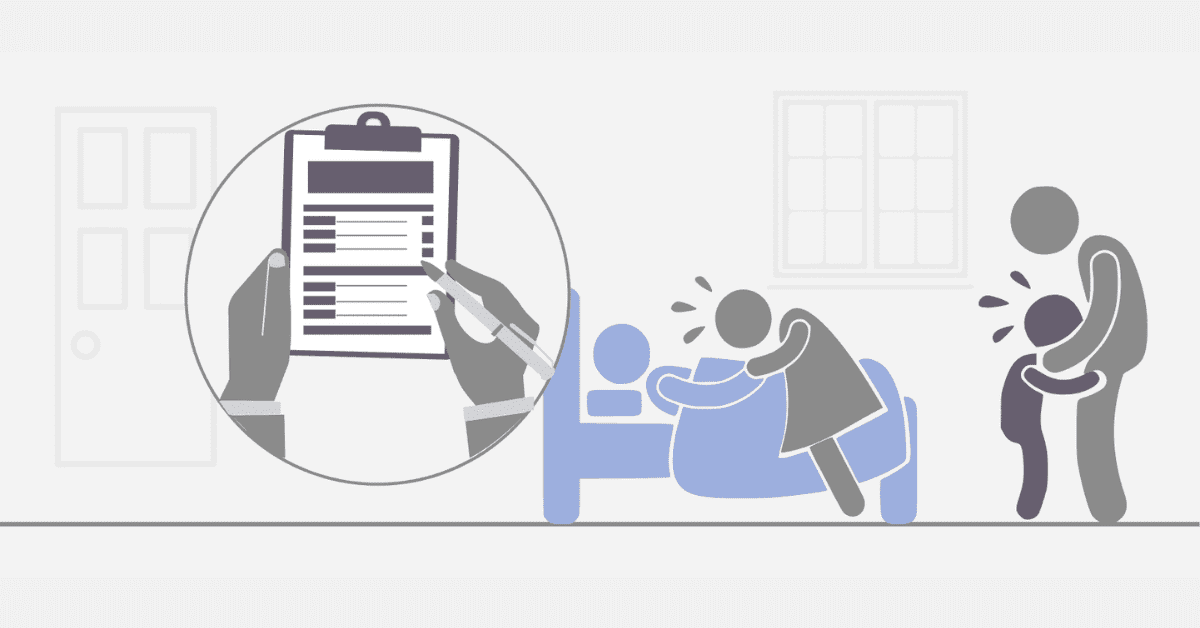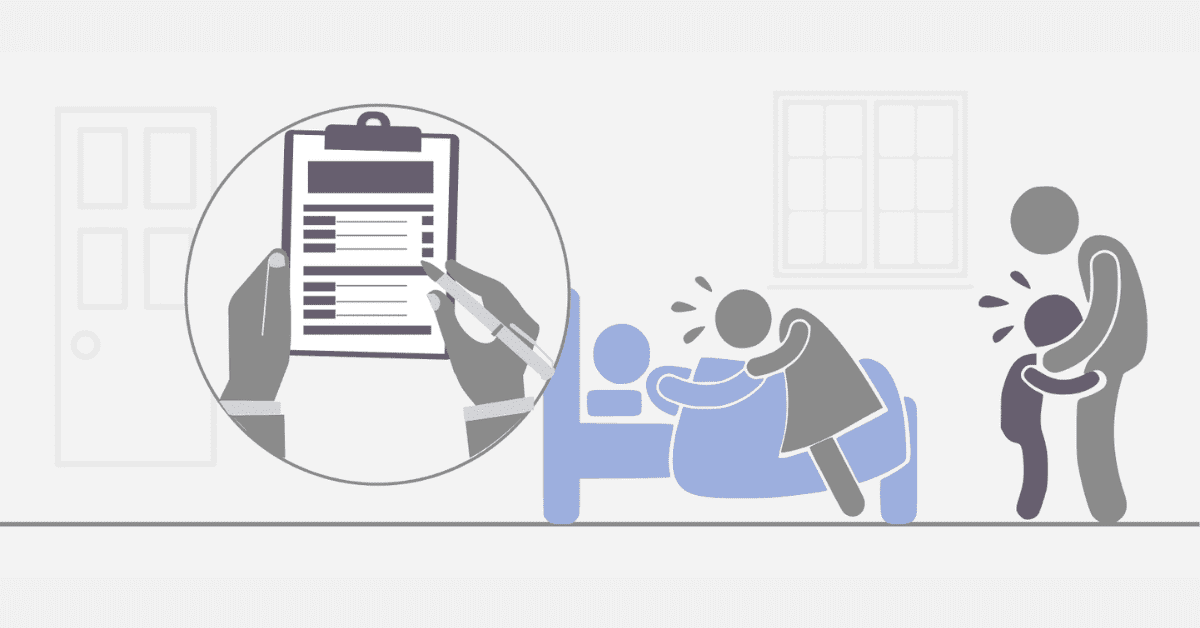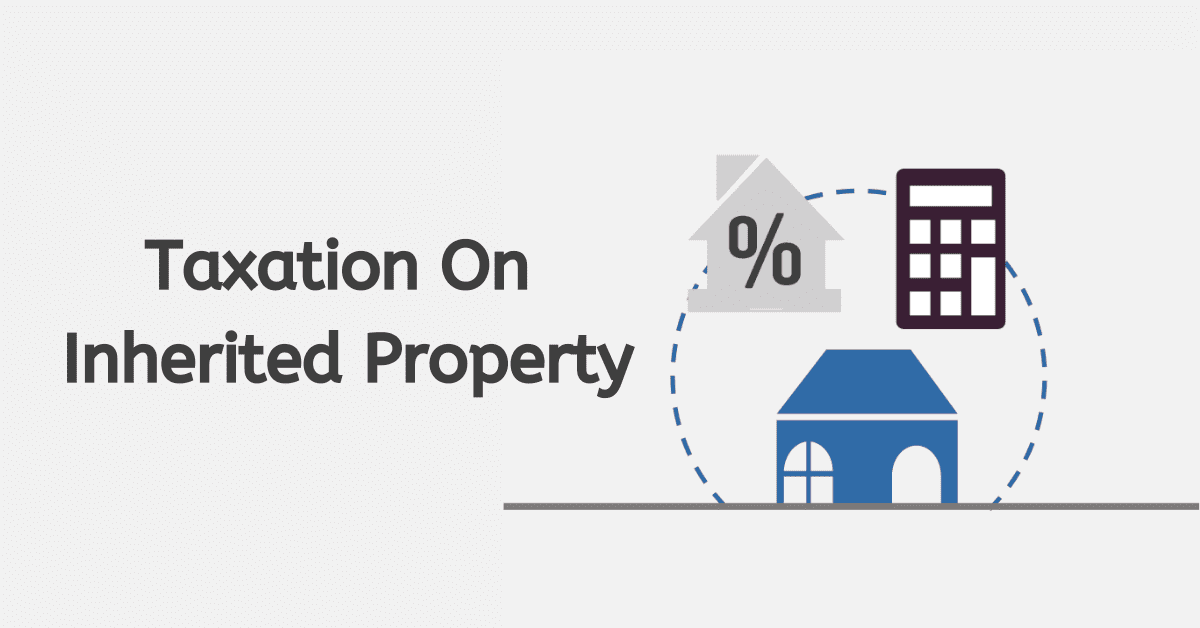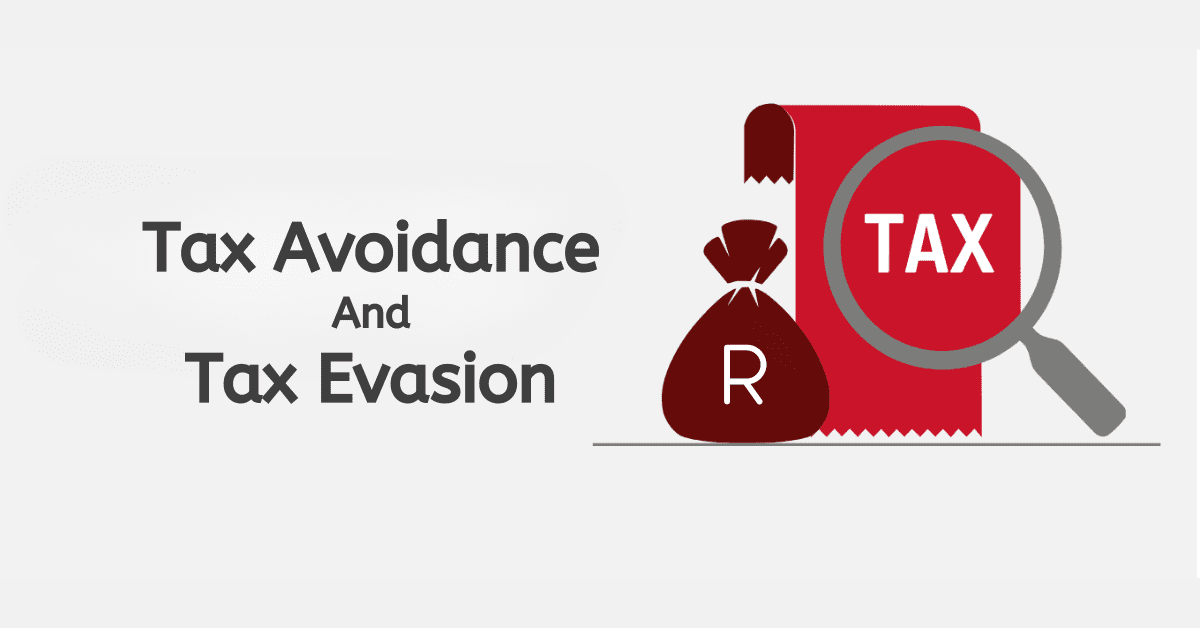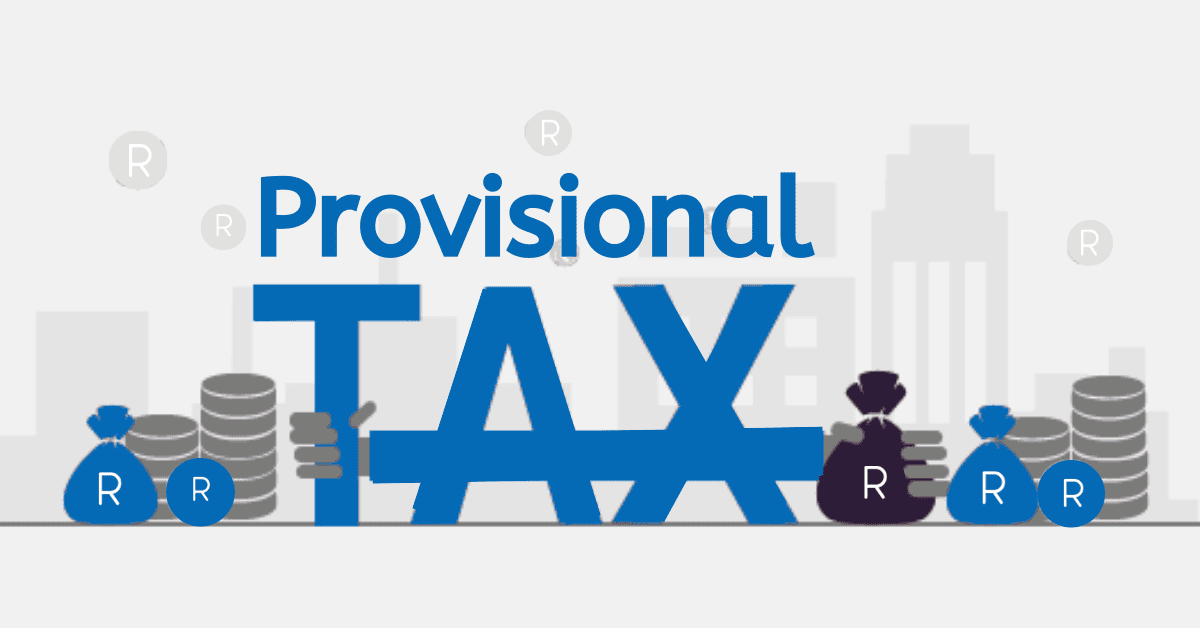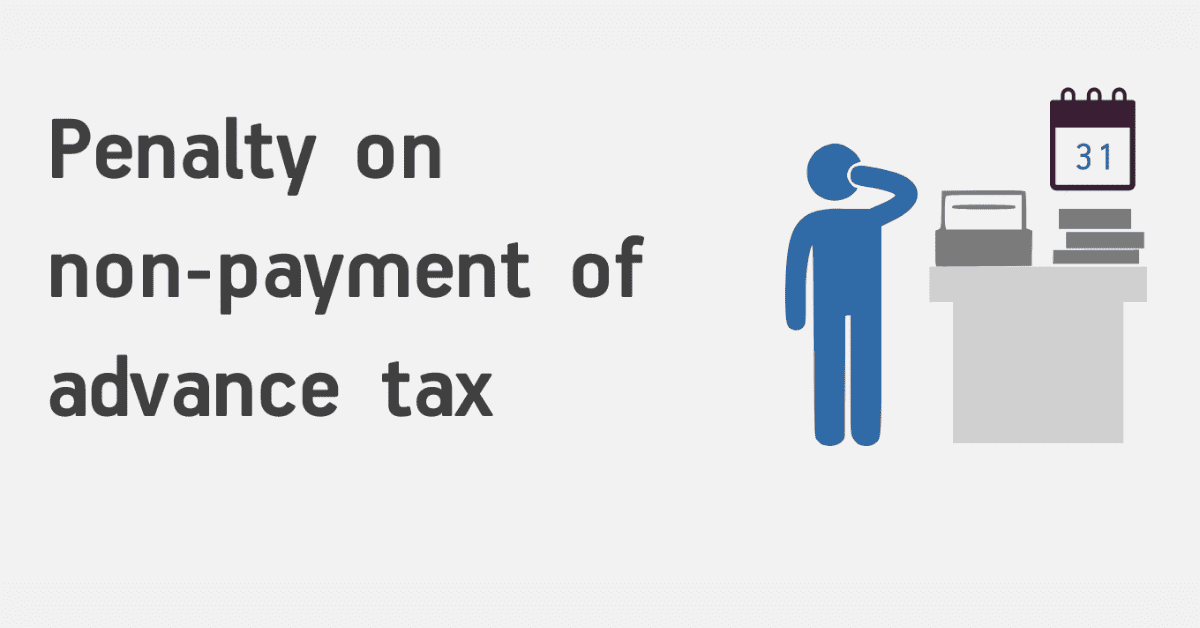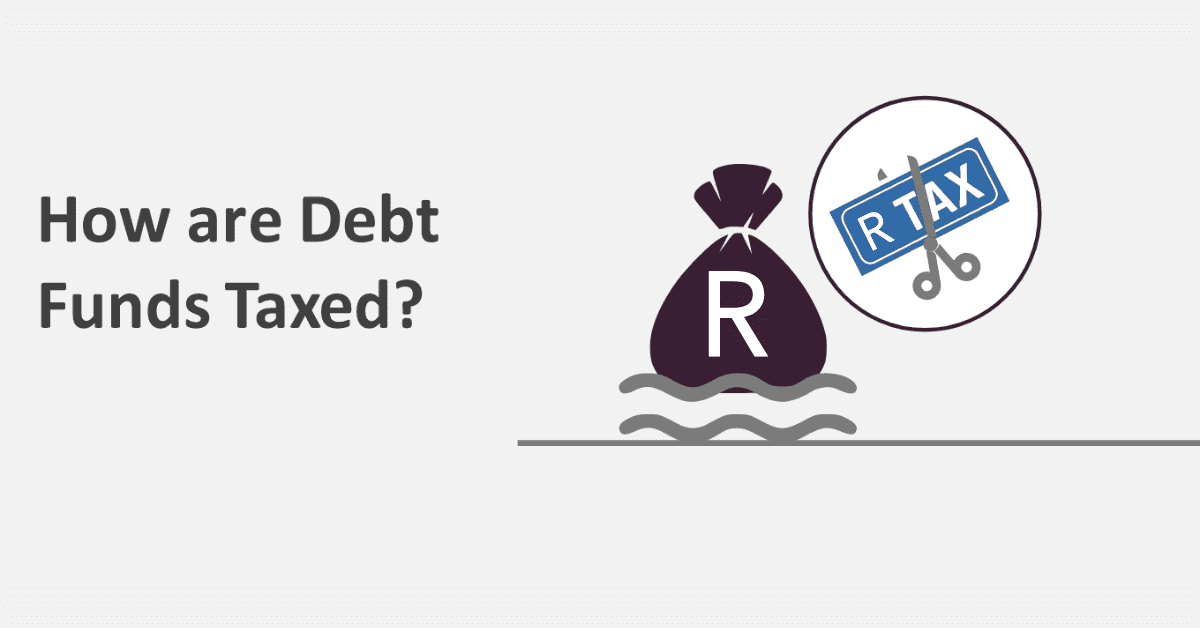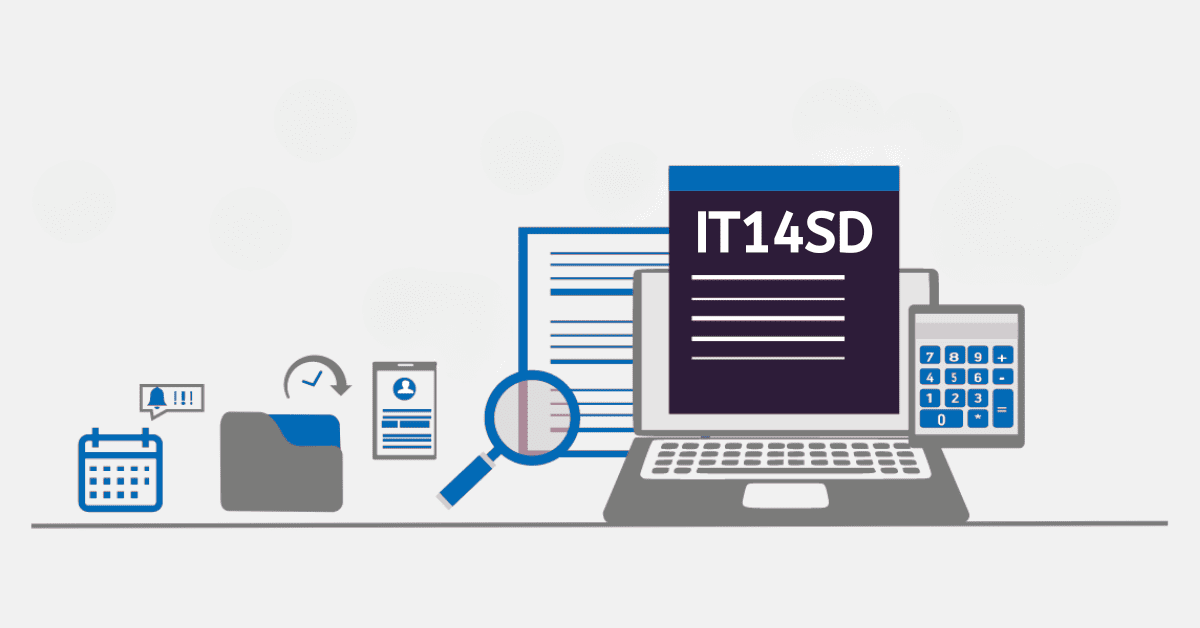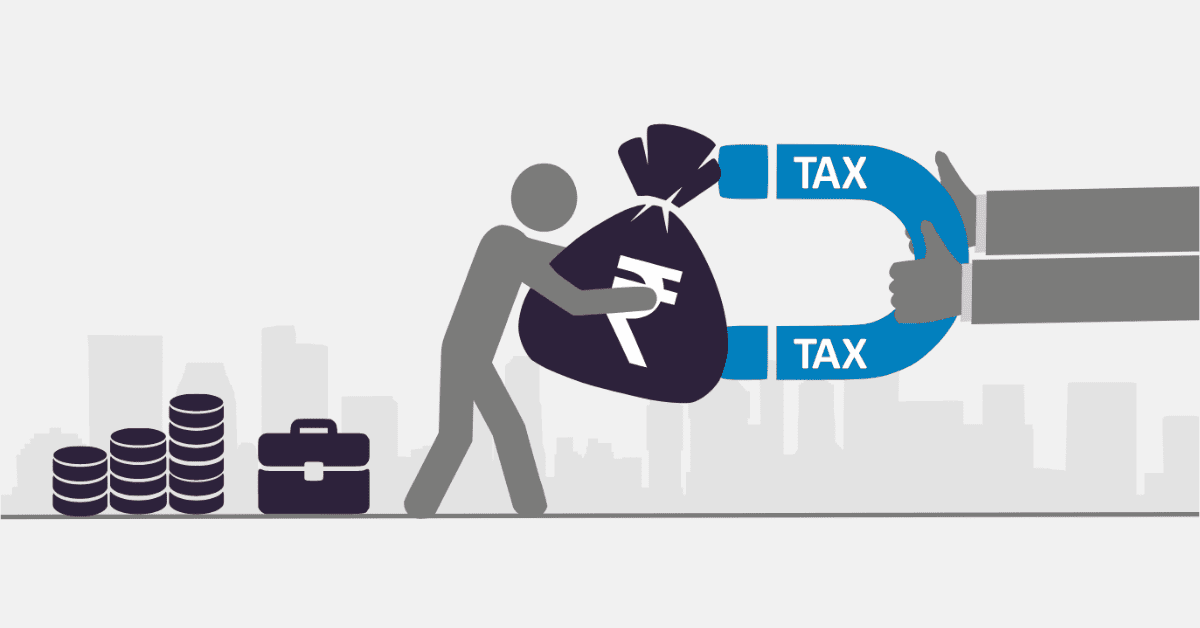Picture this – in lively South Africa, and honestly, in many spots worldwide, dealing with taxes is a bit like cracking a tricky puzzle. Now, this puzzle has two big pieces everyone encounters – income tax and Value-Added Tax (VAT). It’s like the tax duo that plays a major role in the financial puzzle for both individuals and businesses.
Now, even though both of these are forms of taxation, they’re like two different species in the tax jungle. They operate in their own unique ways and play distinct roles in supporting the South African economy. So, whether you’re a business owner or an individual taxpayer, understanding these two forms of taxation is key to navigating the South African tax landscape.
What is the difference between tax and VAT?
In the beautiful land of South Africa, there are two main characters in the tax story that individuals and businesses meet quite often – income tax and VAT.
Income tax is like the lead actor in this story. It’s a direct tax that takes a bow on the income stage of individuals, businesses, and even trusts. But here’s the twist, the tax rates for income tax change their costumes depending on the type of taxpayer. For example, local businesses are taxed at 28%, individuals have a sliding scale of rates between 18% and 45%, and trusts are taxed at a flat rate of 45% on profit.
Now, let’s meet the supporting actor – VAT or Value-Added Tax. VAT is an indirect tax that makes its appearance when goods and services take the consumption stage in the economy. The current VAT rate in South Africa is like a spotlight set at 15%. Businesses that are registered for VAT play the role of tax collectors. They charge VAT on the goods and services they sell and pass this amount to the South African Revenue Service (SARS), like delivering the collected ticket money to the show’s producer.
How is VAT different from other taxes?
VAT, or Value-Added Tax, is like a chameleon in the tax jungle of South Africa. It stands out from other forms of tax in a few interesting ways.
First off, VAT is a consumption tax, which means it’s all about the consumption of goods and services. It’s like a ticket you pay for enjoying the goods and services show. This doesn’t relate in any with income tax, a case you can compare with the membership charges paid by individuals or companies depending on their overall incomes.
Additionallly, consider VAT to fall under the indirect tax bracket. Imagine businesses as tax collectors in a medieval kingdom. Each time a service/item trade occurs, VAT is added to the overall price, collected from the consumer and then forwarded to SARS. It’s like businesses are the tax collectors working on behalf of the king (the government). Now, let’s flip the coin – income tax is the direct deal. It’s where individuals and businesses hand over their dues straight to the government. Think of it like paying rent to the landlord, but in the tax world. It’s a direct line from your income to the government’s wallet.
How does VAT work with tax?
In the vibrant economy of South Africa, VAT or Value-Added Tax plays a key role in the government’s revenue collection, working hand in hand with other forms of tax.
Imagine businesses as merchants in a bustling marketplace. Those registered for VAT have an extra task. Now, here’s the deal – when businesses sell stuff, they tack on VAT (currently 15%) to the price tag. This VAT they snag, called output VAT, is like a fee from the marketplace they’re in charge of. It’s cash they collect from customers, then hand it over to SARS.
But here’s the interesting part. These businesses can also claim a deduction for the VAT (known as input VAT) that they’ve paid on their own purchases. It’s like getting a discount for the marketplace fee they’ve paid when buying goods for their own shop.
At the end of the day, these businesses pay SARS the difference between the output VAT (collected from customers) and the input VAT (paid on purchases). It’s like settling the balance of their marketplace fees. And if the input VAT exceeds the output VAT, the business can claim a VAT refund. It’s like getting a rebate for paying too much in marketplace fees!
Is VAT the same as tax?
VAT, or Value-Added Tax, is like a unique bird with its own distinct song. It’s a specific type of consumption tax that comes into play when goods and services are sold. It’s like a toll fee that’s paid when goods and services pass through the marketplace.
Now, there are other birds in this tax jungle too, like income tax. Income tax has a different tune. It’s levied on the income that individuals and businesses earn. It’s like a tribute that’s paid based on the treasure that individuals and businesses accumulate.
So, while both VAT and income tax are members of the tax family, they’re not the same. They have their own roles and operate differently within the intricate ecosystem of the South African tax system. It’s this diversity that makes the tax landscape in South Africa so fascinating!
